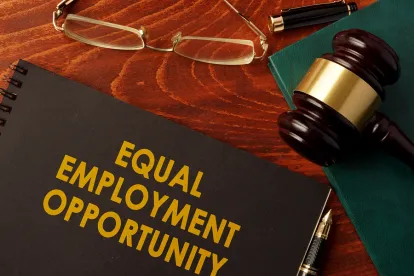On July 13, 2017, the House Committee on Appropriations signaled what could be a devastating blow to the future of the Equal Employment Opportunity Commission’s (“EEOC”) revised Form EEO-1. As you may recall, in February 2016, the EEOC released a rule – which was later revised – to amend the Form EEO-1. The new rule requires private employers (including federal contractors) with 100 or more employees to submit pay data with their EEO-1 reports. Employers with fewer than 100 employees will continue their current EEO-1 practices. Under the rule, the first deadline for the new reports will be March 31, 2018. Our prior blog posts on the revised EEO-1 are available here, here, here, here and here.
On July 13, 2017, the House Committee on Appropriations voted to limit the EEOC’s ability to implement its revised EEO-1. The Committee adopted an amendment to the Commerce, Justice, Science Appropriations Bill which states that “[n]one of the funds made available by this Act may be used by the Equal Employment Opportunity Commission for the ‘collection of information,’ . . . from employers relating to employees’ earnings and hours worked . . . .” This amendment was adopted by the Committee by a vote of 29-20. This vote is consistent with the Committee’s report, which seeks to have the EEOC “prioritize inventory reduction rather than allocate resources for systematic changes in which no complaint was filed by an actual/former employee or applicant.”
If the Appropriations Bill is ultimately passed, it is unlikely that the EEOC’s revised EEO-1 will be implemented in the upcoming fiscal year. This will undoubtedly save employers both time and money associated with the burdensome collection and analysis of the revised EEO-1’s pay data.


 />i
/>i

